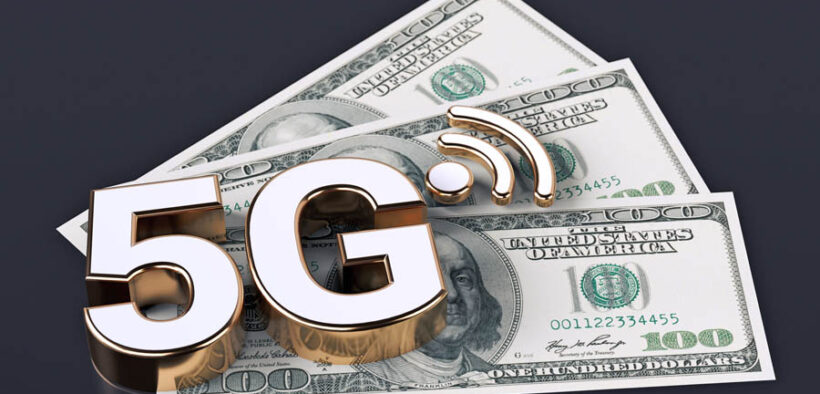Broad opposition mounts against Senate Bill 615 telecom tax proposal

A growing number of organizations in Puerto Rico are voicing opposition to Senate Bill 615, warning that the proposed measure would raise telecommunications costs, burden consumers and threaten the island’s economic competitiveness.
“If this legislation becomes law, it will represent a significant increase in telecommunications costs, directly affecting consumers, obstructing economic development and compromising Puerto Rico’s competitiveness,” said Pedro G. Andrés, president of the Puerto Rican Telecommunications Alliance (APT, in Spanish).
The Puerto Rico Chamber of Commerce (CofC) is among several trade groups raising concerns about affordability and digital inclusion.
“By seeking to expand the definition of ‘voice channels’ to include mobile phones, Senate Bill 615 aims to impose a tax on the more than four million cellphones operating on the island,” said CofC President Margaret Ramírez-Báez. “This proposal is yet another attempt to hit already-strained consumer wallets and widen the digital divide, pushing us further from universal access to telecom services.”
The bill would modify dozens of provisions in the Puerto Rico Municipal Code and introduce a broader definition of “voice channel” that could significantly expand the tax base, News is my Business reported.
Gail Nolan, chief executive of PR 5G Zone Inc., said the measure would undermine Puerto Rico’s appeal to investors.
“The cost of doing business in a region is shaped by core factors like labor, permitting, the cost of goods and utilities. Puerto Rico has faced challenges but has offset them with competitive labor and data rates,” Nolan said. “Senate Bill 615 threatens to undo these gains and harm economic development efforts.”
Alfredo Calderón, vice president of Internet Society Puerto Rico, said the bill would have broader social implications.
“Affordable and universal internet access is a fundamental pillar for education, jobs and civic participation,” Calderón said. “Measures that raise costs, like new taxes, limit those opportunities and undermine digital equity.”
Over the weekend, Gov. Jenniffer González said she had not yet made a decision on the bill and was “still waiting for briefs from some government agencies.” She asked them to “clarify the impact of each amendment before making a final decision,” and said, “I’m going to continue evaluating it. I don’t think it’s right to impose a fee on text messaging technology, WhatsApp, Telegram or voice messages.”
According to APT, the bill could increase taxes associated with cellphone use by as much as $50 per month.
Concerns over ‘technical ambiguity’ also raised
Some groups have also raised alarms about the legislation’s terminology and the process by which it was approved.
“Taxing based on the term ‘voice channel’ is not only technically obsolete and legally vague, it threatens digital inclusion and could raise the cost of essential services like 911 and telemedicine,” said José F. Otero, executive director of the Latin American Telecommunications Alliance. “It discourages investment in modern networks and contradicts the principles of universal connectivity promoted by both Puerto Rico and the United States.”
The Puerto Rico Manufacturers Association also criticized the measure’s passage without public hearings.
The PRMA “stresses the need for a clear, technically accurate regulatory environment that doesn’t impose disproportionate burdens on productive sectors like telecommunications,” said Rafael Vélez-Domínguez, the group’s president. “We respectfully urge the governor to veto this bill and to ensure inclusive participation by industry and technical experts in crafting any future legislation.”
Retailers joined the call as well.
“Our sector already faces significant challenges due to high operating costs,” said José González, president of the Puerto Rico Retailers Association. “Legislation must balance fiscal health, economic development and employment stability. Telecommunications are vital for daily operations and emergency response.”
The APT’s Andrés said the widespread opposition “is no coincidence” and reflected broad concerns beyond the telecom industry.
“This bill doesn’t just hurt consumers — it would trigger a harmful chain reaction across multiple economic sectors,” he said.












